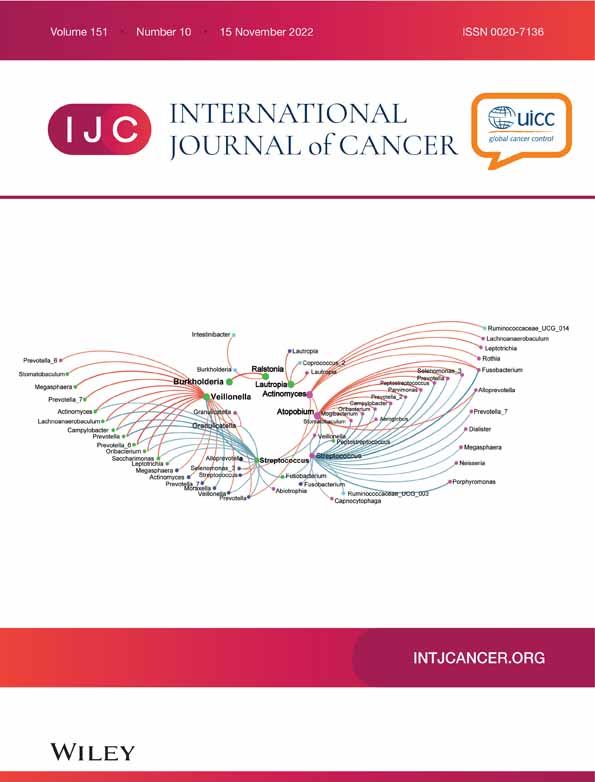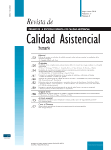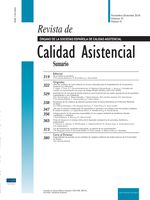Biomarkers for personalised prevention of chronic diseases: a common protocol for three rapid scoping reviews
Introduction Personalised prevention aims to delay or avoid disease occurrence, progression, and recurrence of disease through the adoption of targeted interventions that consider the individual biological, including genetic data, environmental and behavioural characteristics, as well as the socio-cultural context. This protocol summarises the main features of a rapid scoping review to show the research landscape…












